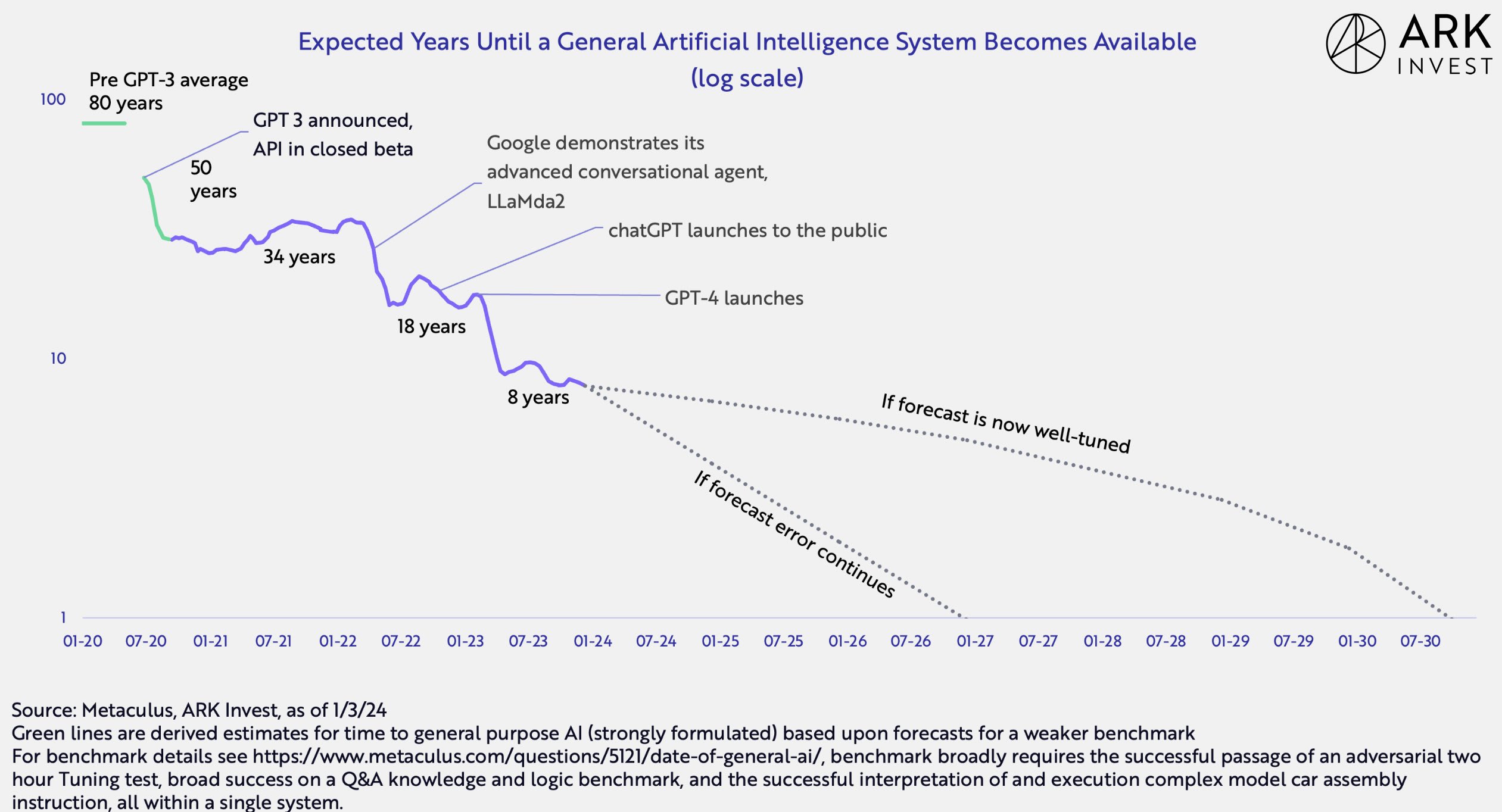Thresholds for Pascal's Mugging?
Pascal’s wager / Pascal’s mugging is a situation in which small probabilities of large amounts of (dis)value[1] result in decisions which maximize expected utility, but which seem intuitively absurd. While many people have debated the rational response to Pascal’s muggings, there has been comparatively little discussion of principled thresholds of value and/or probability beyond which a wager should be considered Pascalian and therefore problematic. So, in this post, I raise the question, “what is your threshold for considering something a Pascal’s mugging and why?” and discuss some options for what probabilities you should consider too small to care about or what amount of value you should consider too large to let swamp your utility calculations.[2] Option 1: Risk-neutral EU maximization Just shut up and multiply your best estimates of the utility and probability, and pay out if the product is worth it. (For this option, I am assuming an unbounded utility function, but will discuss bounded options below.) The arguments in risk-neutrality’s favor are that it is the most straightforward / principled application of expected-utility theory, and avoiding it leads to logical contradictions (Wilkinson, 2020). “Why come up with a bunch of epicycles just because it seems weird to care about unlikely events?” argue the risk-neutral defenders. Pascalian threshold There are no Pascal’s muggings, only bad bets. Cons * Being risk-neutral leads to logical contradictions (e.g. Kosonen, 2025, section 3). * It leads to conclusions that seem very weird. * But this may just be a bullet we have to bite. * Even if fanaticism is true in theory, I think in practice we will have to yield to some of the limits I discuss below, rather than being a perfect risk-neutral EU maximizer. I will discuss these counterpoints in the relevant sections, since they are also arguments for the respective limits. Option 2: Ignore infinities Pretty straightforward: Engage in risk-neutral EU ma


Pascal's reverse-mugging
One dark evening, Pascal is walking down the street, and a stranger slithers out of the shadows.
"Let me tell you something," the stranger says. "There is a park on the route you walk every day, and in the park is an apple tree. The apples taste very good; I would say they have a value of $5, and no one will stop you from taking them. However -- I am a matrix lord, and I have claimed these apples for myself. I will create and kill 3^^^3 people if you take any of these apples."
On similar reasoning to that which leads most people to reject the standard Pascal's mugging, it seems... (read more)